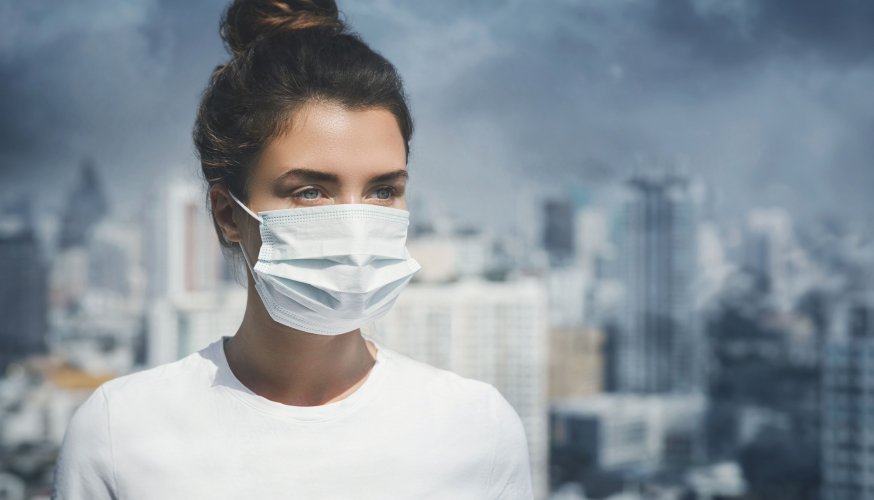Studies from Georgetown University, USA, have shown that Climate change increases the risk infectious diseases caused by viruses that spread from animals to humans.
Africa and Asia are at greatest risk as they are already hotspots for deadly infections, including HIV, Ebola and COVID, informs Grand Chueen.
Scientists have analyzed probable migration patterns of more than 3,000 species of mammals, as rising temperatures affect their food sources and mating sites.
"The study is a critical first step in understanding the future risks of climate change and land use during the next pandemic," said Kate Jones of University College London.
The study used a model with an increase in temperature by 2 ° C for the next 50 years.
A new study estimates that a rise in temperature will spread the species between mammals more than 4,000 times. Aquatic biota and birds can also pose additional risks, as they were not part of the study.
Bats, which have been identified as a likely source of the covid-19 virus, are expected to play a greater role in the spread of climate viruses. After all, flying mammals are less likely to have obstacles to changes in habitat due to rising temperatures.
The material noted that not all viruses will cause pandemics at the covid level, but interspecific viruses will increase this risk.
Co-author Colin Carlson, an associate professor of biology at Georgetown University, explained that scientists do not talk enough about the climate in the context of zoonoses, ie diseases that can spread from animals to humans. Carlson, who also joined the latest IPCC report, says the new study brings together the two most pressing crises we have.
Co-author Gregory Albury, an environmentalist at Georgetown University, said the results called for increased efforts to address the risks.
"This work gives us more compelling evidence that the coming decades will be not only hotter but also sicker. This cannot be prevented, even in the best case scenario of climate change scenarios," says Albury.
Researchers are calling for sharp reductions in emissions to help prevent a climate crisis.
We will remind, researches showed that microplastic promotes emergence antibiotic-resistant bacteria.
As EcoPoliticа reported earlier, the war in Ukraine could cause outbreak of disease due to environmental pollution.





